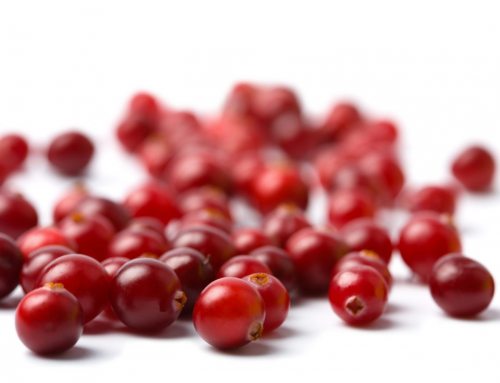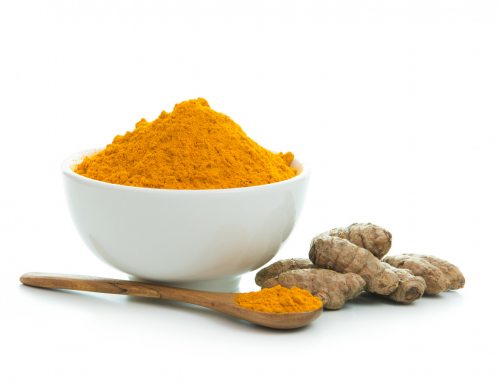A balanced diet of natural foods, mainly fruits and vegetables, is what athletes need most to establish a foundation for health and performance. While there are many successful athletes who don’t use any supplements at all, there aren’t any successful athletes who owe their success entirely to supplements.
Countless sport supplements flood the market each year, accompanied by slick marketing campaigns promising too-good-to-be-true results. For those looking to conquer long-distance endurance events, supplements for performance can be alluring and sometimes necessary. For athletes seeking a safe, effective edge to their training and performance, they can be a confusing and serious matter.
A new book called “The Athlete’s Guide to Sports Supplements” by sport nutrition and supplement experts Kimberly Mueller and Josh Hingst attempts to de-mystify the dizzying array of choices and proves to be an indispensable resource. The beginning of the book contains background information on sports nutrition, reviewing hydration, body composition and metabolism. The rest of the book is filled with concise descriptions for 120 of today’s most popular supplements. For each entry, there is detailed information about what it is, how it works, potential performance benefits, research studies and outcomes, dosage recommendations, and possible health concerns. There are also recommendations for masters athletes, those competing in extreme environments, and those with special dietary needs, such as vegetarians and those with food allergies or diabetes. The material is presented in a way that lets the reader determine for himself or herself if it is worth using.
In the book “The Athlete’s Guide to Sports Supplements,” sport nutrition and supplement experts Kimberly Mueller and Josh Hingst recommend following these five tips before taking supplements:
- Talk with your health-care provider before making a decision. “A trip to the gym may lead to a sales pitch for a variety of supplements,” says Mueller. “Many fitness professionals are pressured to meet a specific sales quota for a supplement line the gym is carrying or are merely looking for additional income.” According to Mueller, athletes must be selective about where and from whom they are gathering information. She encourages athletes to speak with a health-care provider, such as a doctor or pharmacist, about dietary supplements before taking anything; health-care providers can discuss the potential benefits as well as risks.
- Become familiar with reputable online resources for supplements. “A single online search of dietary supplements will lead to a plethora of information, often conflicting and usually generated by unqualified parties,” says Mueller. In the book, she provides a quick reference guide of credible websites for information on important issues involving dietary supplements.
- Look for clean supplements. “Unfortunately, a legitimate risk to an athlete is a failed doping test due to use of contaminated nutritional supplements, despite ongoing efforts to improve relatively ineffective or nonexistent regulatory and manufacturing guidelines,” Mueller says. “Several reviews of supplements available from the Internet and retail stores have confirmed that many supplements are laced with steroids and stimulants, which are prohibited for use in sports.” Thus, any athlete thinking about using a dietary supplement should make sure that there has been a stamp of approval garnered from an independent testing lab. Independent testing via third-party organizations ensures that the contents of dietary supplements match what is printed on the label, there are no ingredients present in the supplement that are not disclosed on the label, and there are no unacceptable levels of contaminants present in the supplement.
- Learn how to read supplement labels. The dietary supplement label lists essential information about the product in the bottle. “Prior to using any supplement, it is critical to always read the label and follow directions for use,” Mueller advises.
- Know how to report fraudulent supplements or adverse reactions. Any athlete who experiences an adverse reaction to a dietary supplement should immediately contact his or her health-care provider, after which the problem can be reported directly to the FDA.
For more information on purchasing the book, visit www.humankinetics.com.






